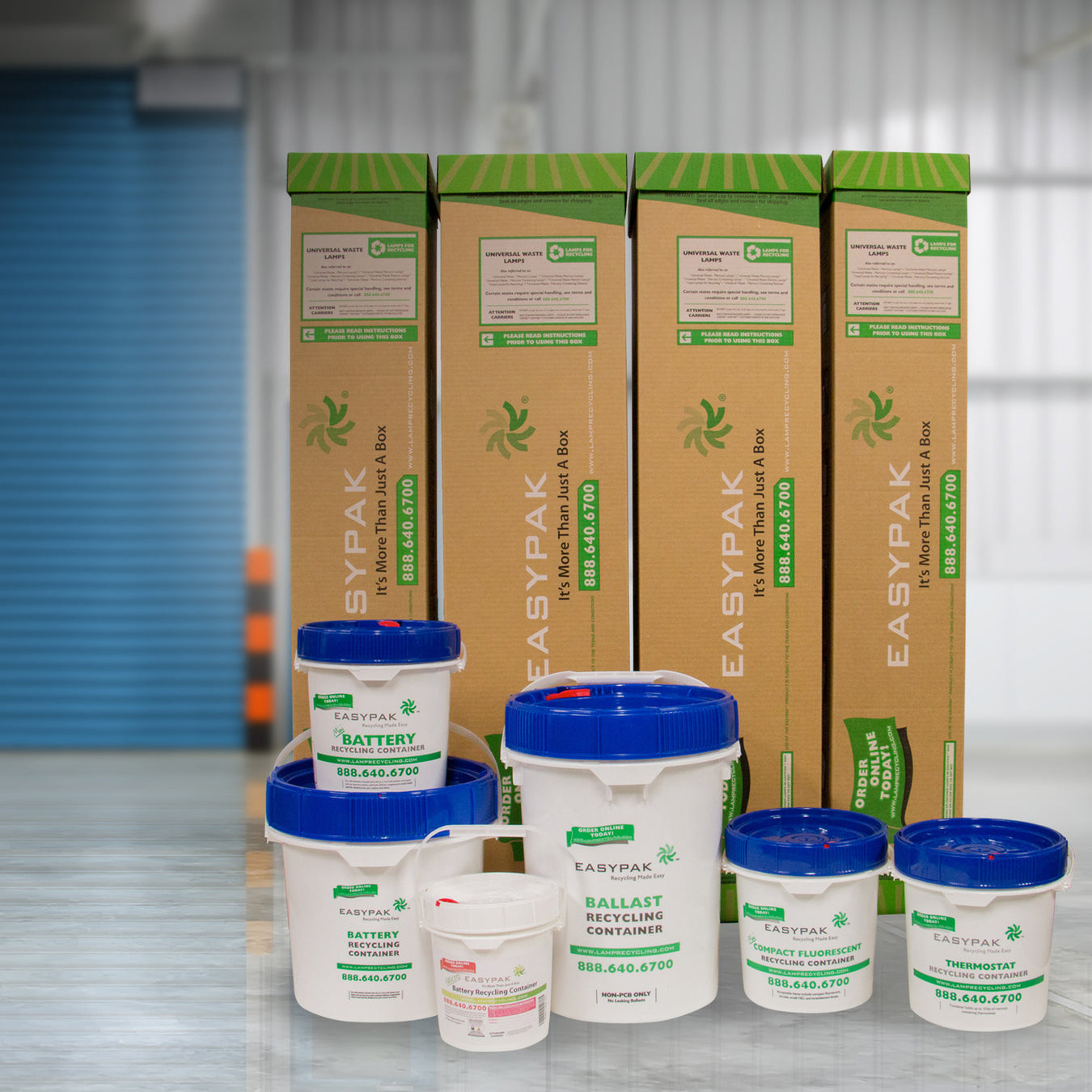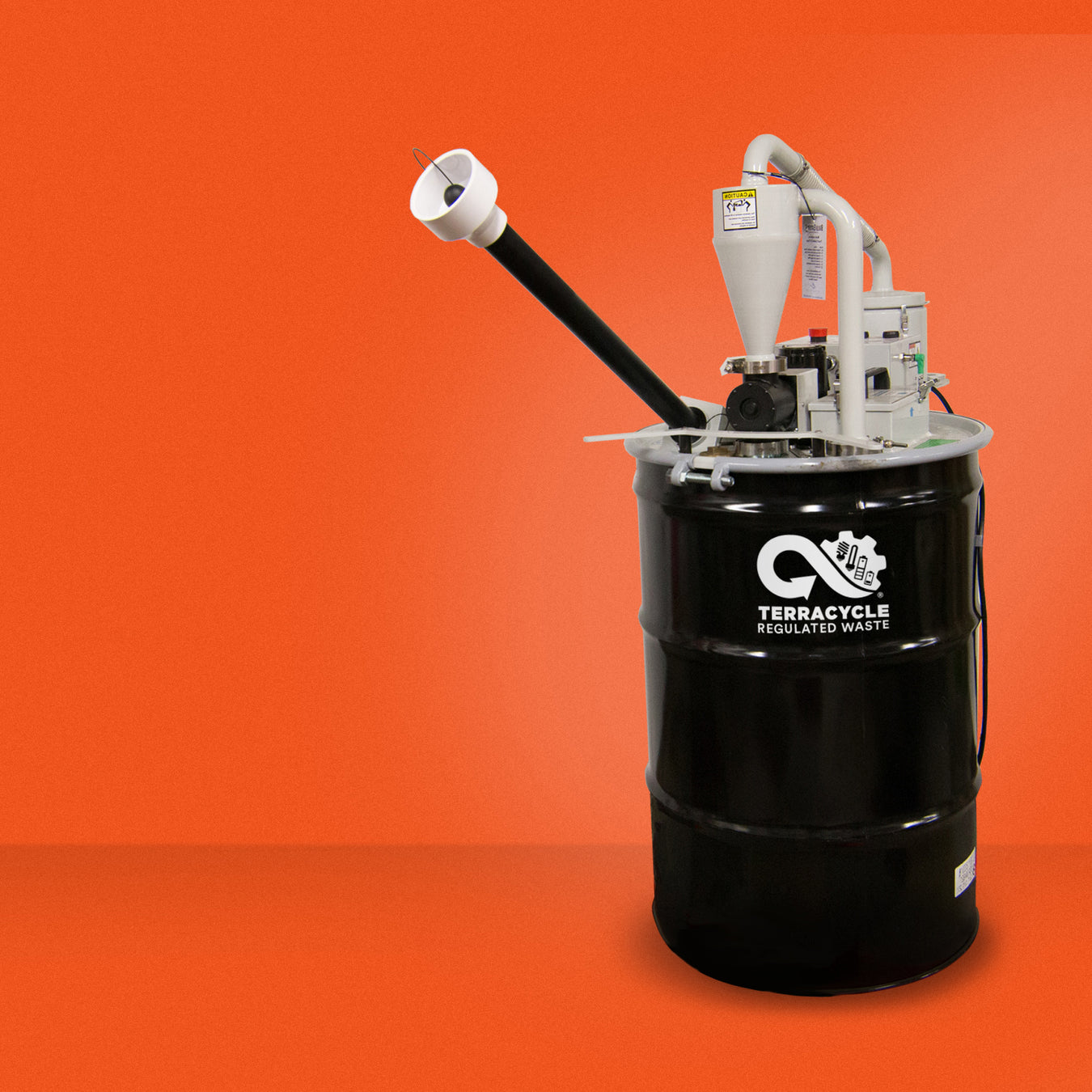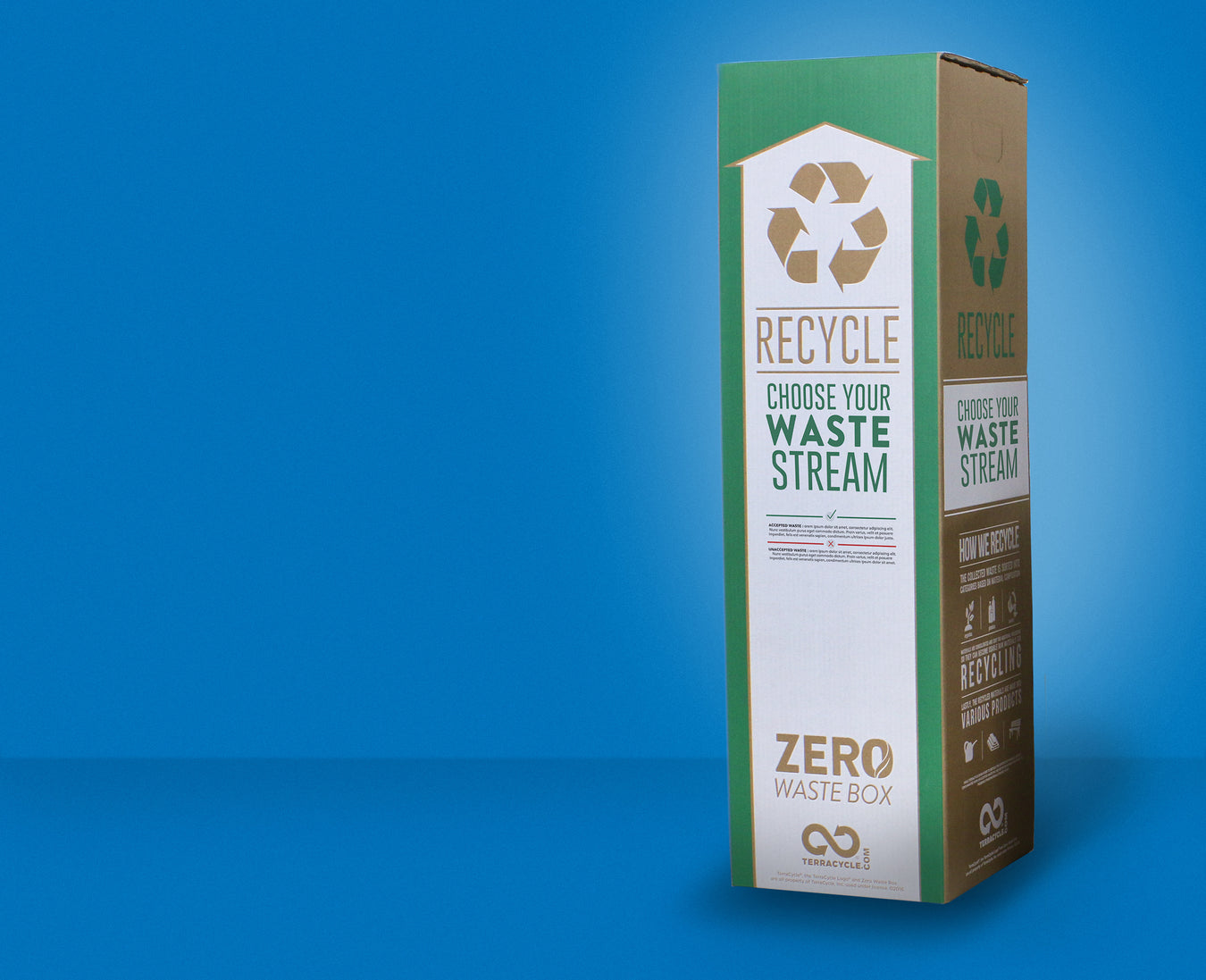EPA Regulatory Information
TerraCycle Regulated Waste provides the information in this section in order to familiarize TCRWUSA.com users with the regulations governing lamp disposal, and to identify for TCRWUSA.com users the government agency that may regulate their operations. TCRWUSA.com users may use this information as a starting point to determine how their facilities are regulated. Customers are cautioned against relying solely on the information contained below and should contact their state environmental protection agency for more information to determine how lamps are regulated in the states in which they operate.
- Regulations Summary
- Why is mercury an environmental concern?
- How do I know if my waste is hazardous?
- What's Hazardous?
- What are Universal Wastes?
- Does Quantity Matter?
- How do I get more information on these regulations and fluorescent lamp recycling
What's Hazardous?
Persons who generate wastes are responsible for determining whether their wastes are hazardous. One common method for determining whether a waste is hazardous is the Toxicity Characteristic Leaching Procedure (TCLP) test. The TCLP test is a laboratory test that simulates the potential leaching of hazardous wastes under conditions typically found in municipal solid waste landfills. If the concentration of mercury in water that is passed through a sample of crushed fluorescent lamp fragments exceeds 0.2 mg/liter, the crushed lamp fragments are classified as a hazardous waste. (See test method 1311 in "Test Methods for Evaluating Solid Waste, Physical/ Chemical Methods," EPA Publication SW846 for more information about the TCLP procedures.)
In most cases, standard fluorescent lamps and lamp fragments fail the TCLP test and are considered hazardous wastes. Facilities should treat the spent lamps and lamp fragments as hazardous wastes unless they test the spent lamps and fragments and determine that the wastes are non-hazardous. Facilities should manage the spent lamps as hazardous waste according to applicable federal, state, and local requirements.
New low-mercury lamps have been introduced into the market. While these lamps may pass the TCLP test and be considered non-hazardous, some states - like Minnesota and Vermont - still prohibit persons from disposing of even these non-hazardous lamps in a solid waste landfill. You may want to talk with a State EPA representative to find out how you may handle spent lamps in your state.
Please note that regardless of whether the State in which you are located allows you to dispose of lamps in your dumpster with other non-hazardous trash, the lamps do contain mercury and mercury vapors are released into our environment when you throw lamps in the trash. Typically, the lamps break in the dumpsters, during transportation or in the landfill and release mercury into the air or groundwater. These hazardous releases are a risk to surrounding communities.
Facilities that throw their spent lamps in the trash thinking they are saving money may be mistaken. Throwing spent lamps in the trash may result in the person being held responsible for the cleanup of a remote and costly Superfund site. Because of the potential liability under Superfund, Air Cycle believes facilities that decide to recycle their spent lamps are making a smart decision that benefits not only the environment but also the bottom line.






